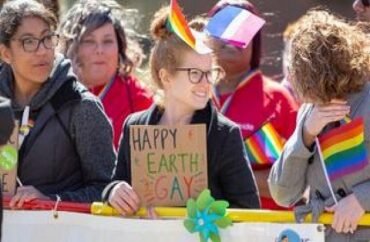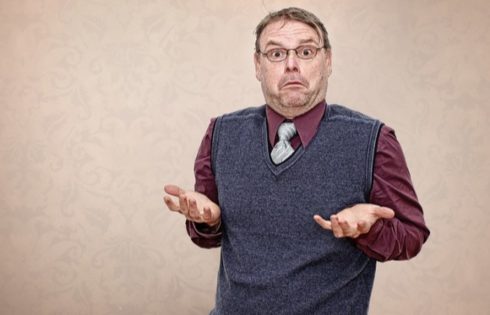
A new study out of UCLA says same-sex couples are at greater “risk of exposure to the adverse effects of climate change” than straight couples.
These effects include “wildfires, floods, smoke-filled skies, and drought,” according to a report from KQED.
Same-sex couples disproportionately live in coastal regions and cities, which are more vulnerable to such disasters. They’re also more likely “to live in areas with poor infrastructure, worse-built environments.”
Washington DC, which rates high for “climate risks” such as heat waves, floods, and “dangerously strong winds,” has the greatest proportion of gay couples in the U.S.
San Francisco ranks second, and also faces a high climate change risk. According to KQED report, the city’s Leather & LGBTQ Cultural District flooded 22 years ago, “swamping” the entire area. The closest supermarket, Rainbow Grocery, also got flooded.
Ari Shaw, director of International Programs at UCLA’s School of Law’s Williams Institute who specializes in “international human rights, LGBTI politics, and U.S. foreign policy,” noted the study “cuts against the narrative” that LGBT individuals “have access to all the resources that they need.”
MORE: UCLA law prof: ‘Hi-tech capitalist solutions’ for climate change are racist
Shaw said his team considered same-sex couples because the U.S. Census gathers information on cohabitating same-sex households but does not broadly collect sexual orientation or gender data.
“This study helps to shine a light on what is likely a much larger and more complicated picture,” he said. “Our findings probably understate the true impact that climate change is having on LGBTQ people.”
The new research moves the needle in helping the nation understand who is at risk of climate disasters, UC Irvine sociology professor Michael Méndez said. He previously studied how queer communities are often left out of disaster planning.
“The needle is moving slowly,” Méndez said. “These disasters are not happening in isolation. If an individual is feeling discrimination, or a lack of safety in their home and a disaster happens, they can feel even more vulnerable.”
But what Méndez said the study doesn’t reveal is who the same-sex couples are in terms of [race], income and their positions in society.
Among several recommendations, Shaw and study co-author Lindsay Mahowald say climate disaster relief should be “administered without discrimination on the basis of sexual orientation, gender identity, or gender expression,” and that future surveys like the U.S. Census ought to include “measures of sexual orientation and gender identity.”
MORE: Dartmouth study: ‘Hundreds more’ major league home runs by 2100 due to climate change
IMAGE: U. Buffalo Sustainability/X
Like The College Fix on Facebook / Follow us on Twitter





Please join the conversation about our stories on Facebook, Twitter, Instagram, Reddit, MeWe, Rumble, Gab, Minds and Gettr.